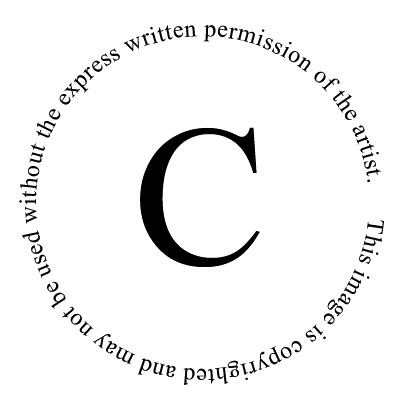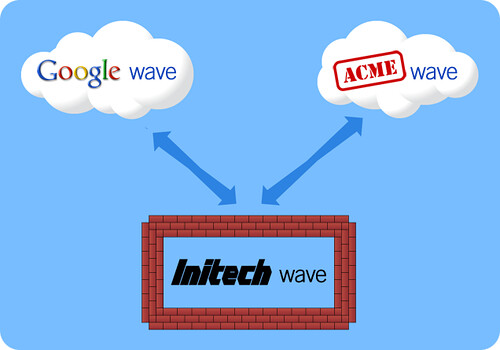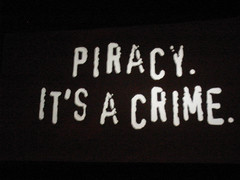I’m well schooled in the world of business, both from an undergraduate and postgraduate point of view. I’m no professor, but I’m a thinker. And having worked for some of the biggest companies in the world whilst at PwC, I’ve developed an insight into how the world works. And to put it bluntly, I think capitalism sucks. The problem though, is that I can’t think of a better system to replace it, so as I grapple to understand how we can improve it, I’m forced to participate in this game that I think is not having society achieve its optimum.
However, every now and then, I come across interesting books, articles, and have discussions that make me go “yes!”. Most recently this happened the other day, when I read insight by someone I least expected to, on a thing I’ve been thinking for years and am glad its been articulated so succinctly.
Jack Dorsey, the programmer who created Twitter – a business criticised for its lack of a revenue model but which is also disrupting the world of communications – was recently quizzed on stage, having to say words in free-association relating to a concept.
To quote the Wall Street Journal:
What about monetization? He laughed, then said, “I think of our users”, clearly avoiding more obvious Twitter territory. “I think of how people are using it, and how, based on that usage, we can build something that will sustain the company.”
Mr. Dorsey kept free-associating. “How does the network itself generate value? And what can you put on top of that to extend the network and make it an even better network”, he added. “monetization to me is just a way to sustain, and that’s the first thing I think of.”
Money, you see is just a way to sustain something. It shouldn’t be the end-goal of business, and it’s that point that fundamentally irritates me about capitalism. That being the whole focus on it being about returns on capital – not returns on humanity.
Twitter’s other co-founder and the current CEO clearly drinks the same water. As Evan Williams said several months ago:

The entire premise of economics is to study how peoples needs and wants can be catered for, in the context of scarcity in resources. The implication of this, is that by satisfying our wants and needs, we are happy and by happy we have better living standards. Economics is meant to be about increasing our living standards. Yet we are so caught up on the measures that simplify our world as “earn more money, spend more, get rich and therefore you get happier”. We’ve let the economists bastardise our world in order to make their paper models work. And it’s created a consumerist society where value is placed on material goods, which may boost GDP but not necessarily happiness.
My friend and former colleague Charlie Perry, a Chartered Accountant and philosophy major at university, thinks the same thing. He recently proposed abandoning profit as a measure going forward and wrote a manifesto that had me say “yes!”. I introduced him to a book that after years of thinking about these issues, was finally articulated in a brilliant book by Clive Hamilton called “Growth Fetish“. And he now blogs regularly, with his evolving thoughts. As he says in his new about page (version 2):
I’m interested in mutualism. I think it’s the fabled third way.
In September 2009 I thought I’d invented mutualism and wrote down all my thoughts here.
Subsequently I’ve found that there is a long history of thinking around mutualism.
I think the time’s come to champion this economic theory as an alternative to the pointless to-and-fro of left-right politics. It’s time to end the sham of the liberal capitalist democracy. There’s a better way, a happier way.
We don’t need to capitalise or socialise; we need to mutualise. Let’s work together.
Don’t get me wrong – winning at the game of capitalism is awesome – making money out of air is great for the minority that have done it. But it’s an uneven distribution of the world’s wealth and it distorts the operation of our society. The Global Financial Crisis just proved this system is a joke, though I don’t think anyone has the answers. But I’m not giving up on this – I want more “yes!” moments to the point where we can evolve our society to its potential. What I do know is that it’s a mistake to make it the main way to measure our society.
I’m not advocating we abolish capitalism: far from it actually. It has some very useful concepts that can be incorporated into a new model. But just like trade unionism, too much can be a bad thing for a society (as can too little as well). While I still have issue with the way companies measure progress, I think that’s a harder problem to fix. But where we can start, is by getting our governments to change the way they view society. Wealth is currently defined by the amount people spend every year. We’ve used that for a few centuries now, and although it was a good attempt, it’s not right. There is more to wealth than proving we have capacity to acquired goods and services. And in this 21st century, things have changed too much to frame the world in a lens that was created hundreds of years ago.
So if that’s not the right answer, what is? Well let’s work backwards and think deeper about this. Let’s start with the assumption that we want everyone to be happy within themselves, not rich in material goods where we assume that is what generates happiness. If we do that, then we will have made one giant leap forward.












